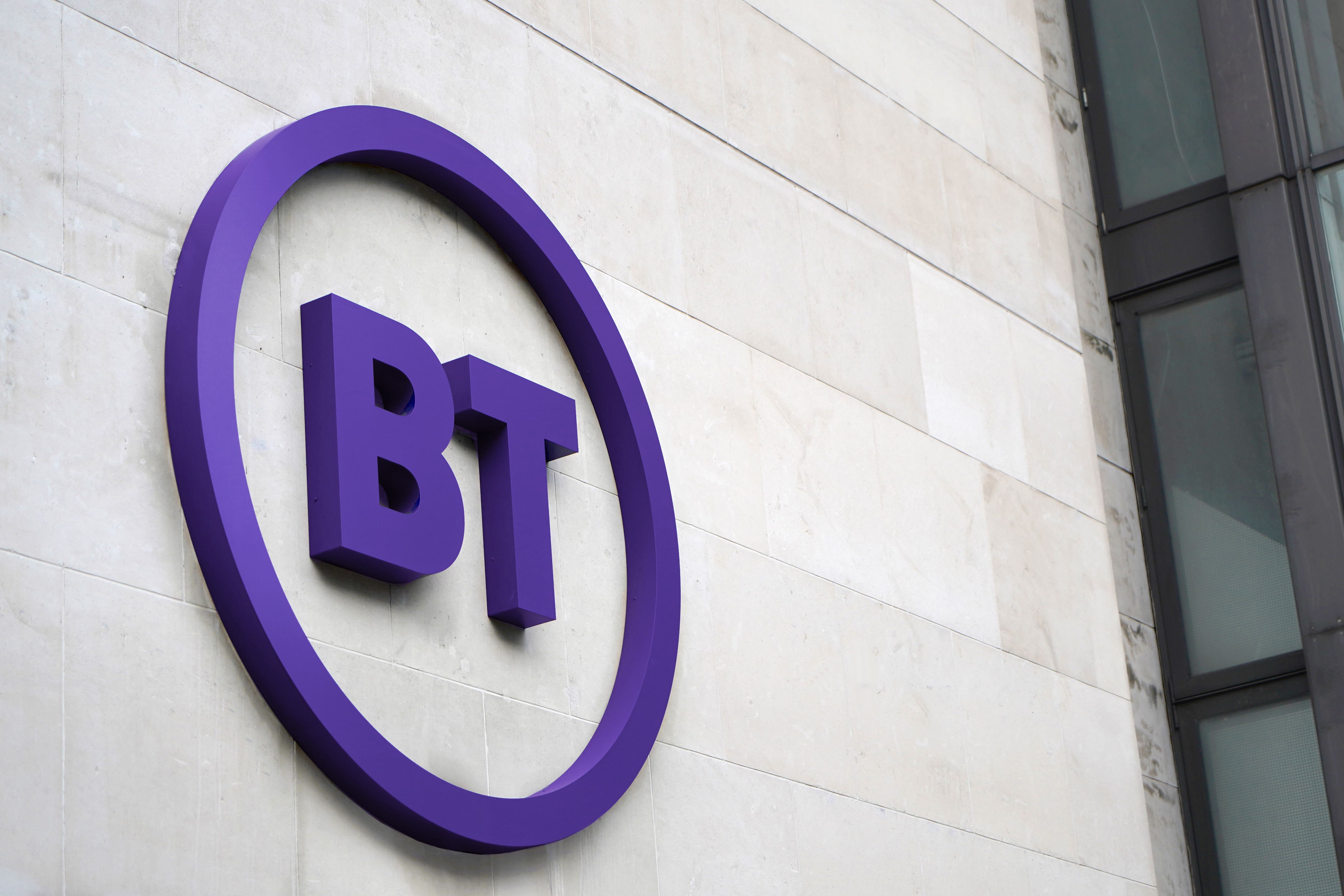Emergency 999 call operators set to walk out for first time in strike over BT pay
Paying bills ‘has become a huge worry’, emergency service call operator says

Your support helps us to tell the story
From reproductive rights to climate change to Big Tech, The Independent is on the ground when the story is developing. Whether it's investigating the financials of Elon Musk's pro-Trump PAC or producing our latest documentary, 'The A Word', which shines a light on the American women fighting for reproductive rights, we know how important it is to parse out the facts from the messaging.
At such a critical moment in US history, we need reporters on the ground. Your donation allows us to keep sending journalists to speak to both sides of the story.
The Independent is trusted by Americans across the entire political spectrum. And unlike many other quality news outlets, we choose not to lock Americans out of our reporting and analysis with paywalls. We believe quality journalism should be available to everyone, paid for by those who can afford it.
Your support makes all the difference.Emergency 999 call handlers have gone on strike with colleagues from BT - which runs their phone lines - in a row over pay.
Hundreds of operators were set to walk out on Thursday, with the union behind the action warning there could be disruption to emergency services as a result.
The Communication Workers Union said it was the first time 999 call operators had gone on strike.
In previous BT strikes, it had agreed to exempt these workers.
Have you been affected by this story? Contact zoe.tidman@independent.co.uk
But the union said this would not be the case on Thursday following “widespread outrage at the company’s refusal to negotiate with union representatives”.
More than 500 operators in 999 call centres were expected to join the strike.
“This decision was not taken lightly, but our union’s repeated attempts to initiate discussions was declined by a management who clearly believe they are above negotiating a fair deal for people who make massive profits for them,” Dave Ward, the CWU general secretary, said.
“999 operators are using food banks, they’re worried about the cost of living and are being stretched to the limit. Goodwill won’t pay the bills, and vital services are now being hampered because of corporate greed.”
Joyce Stevenson, a 999 call handler going on strike, said the decision to walk out “was not easy”. But she said colleages had been “pushed to the limit” with soaring inflation and paying bills had become “a huge worry” in a video posted on CWU’s social media.
Around 30,000 Openreach engineers and 10,000 BT call centre workers have already taken industrial action, and further strikes are planned for October 10, 20 and 24.
The union said the strikes are in opposition to BT Group’s imposition of an “incredibly low” flat-rate pay rise of £1,500, which it described as a “dramatic real-terms pay cut” because of soaring inflation.
“BT management clearly has no appreciation of its workforce, or their social value, but this union does, and we will keep on fighting this company’s attempt to plunge its workers into even further hardship,” Mr Ward added.
A BT Group spokesperson said it respected the right of its workers to strike, but the company was “profoundly disappointed” the union was “prepared to take this reckless course of action by including 999 services” in industrial action.
“We will do whatever it takes to protect 999 services – redeploying our people to the most important priority is a normal part of BT Group operations,” they said.
“We made the best pay award we could in April and we have held discussions with the CWU to find a way forward from here. In the meantime, we will continue to work to minimise any disruption and keep our customers and the country connected”.
Additional reporting by Press Association



Join our commenting forum
Join thought-provoking conversations, follow other Independent readers and see their replies
Comments